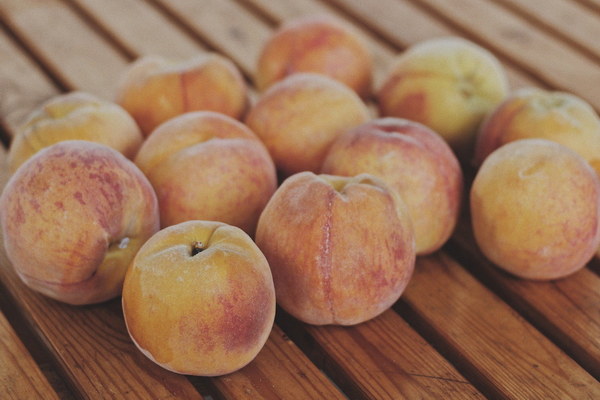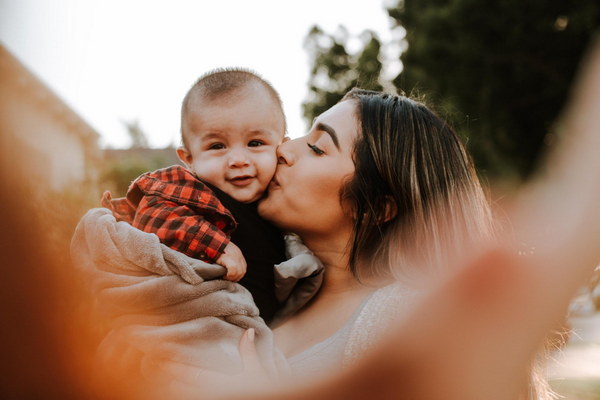PostCOVID Lung Care A Comprehensive Guide to Revitalizing Your Lungs
Introduction:
The COVID-19 pandemic has brought about an unprecedented global health crisis, affecting millions of lives. While most individuals recover from the virus, some may experience lingering respiratory issues. Post-COVID lung care is essential for those who have suffered from COVID-19 to regain their respiratory health. In this article, we will explore the best practices for lung care after a COVID-19 infection, including lifestyle modifications, exercises, and medical interventions.
1. Lifestyle Modifications:
a. Avoid Smoking and Exposure to Pollutants:
Smoking and exposure to air pollutants can further damage your lungs, making it harder to recover from COVID-19. Quitting smoking and reducing exposure to air pollutants are crucial steps in post-COVID lung care.
b. Maintain a Healthy Diet:

A balanced diet rich in fruits, vegetables, lean proteins, and whole grains can support lung function and immune system health. Foods high in antioxidants, such as berries, nuts, and green leafy vegetables, can help reduce inflammation and protect lung cells.
c. Stay Hydrated:
Drinking plenty of water can help thin mucus, making it easier to expel from the lungs. Aim to drink at least 8-10 glasses of water per day.
2. Breathing Exercises:
a. Diaphragmatic Breathing:
Practice diaphragmatic breathing to strengthen the diaphragm and improve lung capacity. Lie on your back, place one hand on your chest and the other on your abdomen, and breathe deeply, focusing on expanding your abdomen.
b. Pursed-Lip Breathing:
This technique helps to slow down exhalation and increase lung emptying. Breathe in through your nose, and exhale through pursed lips, as if you were whistling.
c. pursed-lip breathing
3. Pulmonary Rehabilitation:
a. Pulmonary rehabilitation programs are designed to help individuals with chronic respiratory conditions, including those recovering from COVID-19. These programs typically include exercise training, breathing exercises, and education on managing lung disease.
b. Consult with a healthcare professional to determine the best pulmonary rehabilitation program for you.
4. Medical Interventions:
a. Oxygen Therapy:
If you have persistent shortness of breath or low oxygen levels, your doctor may recommend oxygen therapy to help you breathe more comfortably.
b. Medications:
Anti-inflammatory drugs, bronchodilators, and cough suppressants may be prescribed to help manage symptoms and improve lung function.
5. Regular Check-ups:
a. Regular follow-up appointments with your healthcare provider are essential to monitor your lung function and adjust treatment as needed.
b. Share any new symptoms or concerns with your healthcare provider promptly.
Conclusion:
Post-COVID lung care is a vital aspect of recovery for individuals who have suffered from COVID-19. By adopting a healthy lifestyle, practicing breathing exercises, participating in pulmonary rehabilitation, and seeking medical interventions when necessary, you can improve your lung function and overall well-being. Remember, it is crucial to work closely with your healthcare provider to create a personalized plan that best suits your needs.









